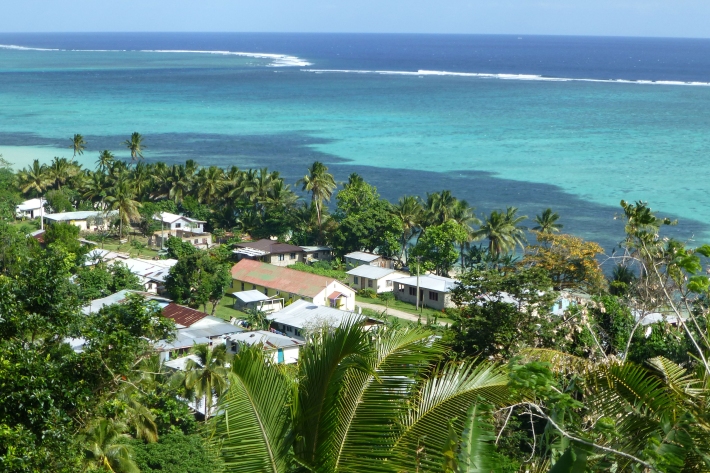-

Stepping into the river
Feature story06 June 2017NIWA discusses, in depth, this year's most asked question—what is happening to our fresh waterways? -

Mitigation and best practice options
Some simple steps to minimise the effects of wastewater on water quality and mahinga kai. -

Sediment and urbanisation
How does urbanisation increase sediments in waterways? -

Stream Health Monitoring and Assessment Kit
ServiceHow healthy is your stream? SHMAK - the New Zealand Stream Health Monitoring and Assessment Kit - has been designed to help you find out. -

Tuna information resource
Tuna, or freshwater eels, are the most widespread freshwater fish in New Zealand. This 'living' educational resource summarises a large amount of scientific and technical literature. -

Mining
Mining is the extraction of metal and mineral resources, such as gold, coal, petroleum, and ironsand -

Banded kōkopu
Banded kōkopu juveniles are very good climbers and will try to escape from buckets by clinging to and wriggling up the sides. -

Impacts of hydro
Impacts of hydro-electric activities on water quality and mahinga kai. -

Shortjaw kōkopu
Has a receding lower jaw and black spots behind the head. -

Water clarity
Water clarity or turbidity is the cloudiness or haziness in a fluid caused by individual small particles (suspended solids). -

On-Site Household Sanitation Guidelines for Fiji
Research ProjectA participatory project empowering communities with self-help tools to improve water, sanitation and hygiene.

